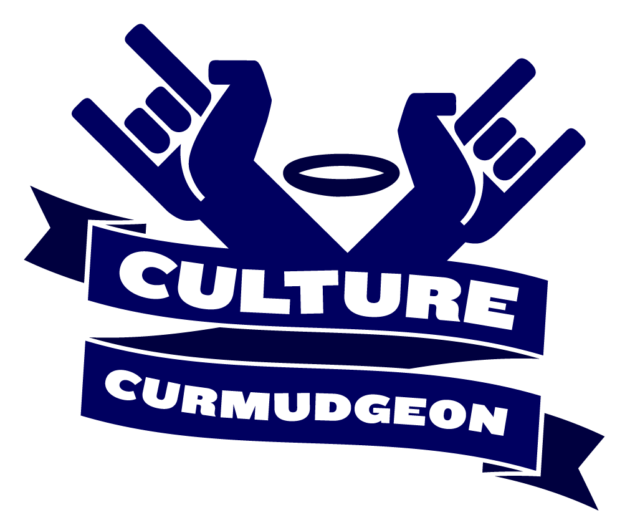“What’s the big deal about self-awareness anyway?”
The question echoed throughout the theatre for a brief second before the audience broke out in laughter- the character pouting after getting accused of some racial insensitivities during soccer practice.
“The Wolves” directed by Marti Lyons- currently playing at Washington D.C.’s Studio Theatre through March 11, 2018 – is full of similar moments. It delves into the lives of teenagers and their coming of age in a world fraught with war, racism, and societal pressures.
Ahmad Coo is a producer and copy editor for the Global Business show on CGTN America. His analysis represents his views alone.
The play happens over the course of a few months, and all the scenes are set on the football (or soccer) pitch. They’re a high-level high-school team capable of devouring their rivals- thus the name “The Wolves”. Though the play is ostensibly about the lives of American teenagers, its themes are universal because it’s about the search for identity we all go through as adolescents.
It’s mercilessly funny as it pokes fun at all the teenagers’ insecurities. Early in the play, the team’s banter centers around the brutal reign of the Khmer Rouge and whether one of the generals who orchestrated the murder of thousands of people should go to jail, even though he’s on the verge of death because of old age. It’s obvious it’s a subject they’re studying in school.
But the conversations go off the rails when one teammate starts making fun of mass murder and the others start thinking aloud about tampons and other feminine products. They careen from menstrual cycles and genocide from one second to another. And as one of the girls would say at the end of one of their practices: “We don’t do genocide until senior year anyway!”
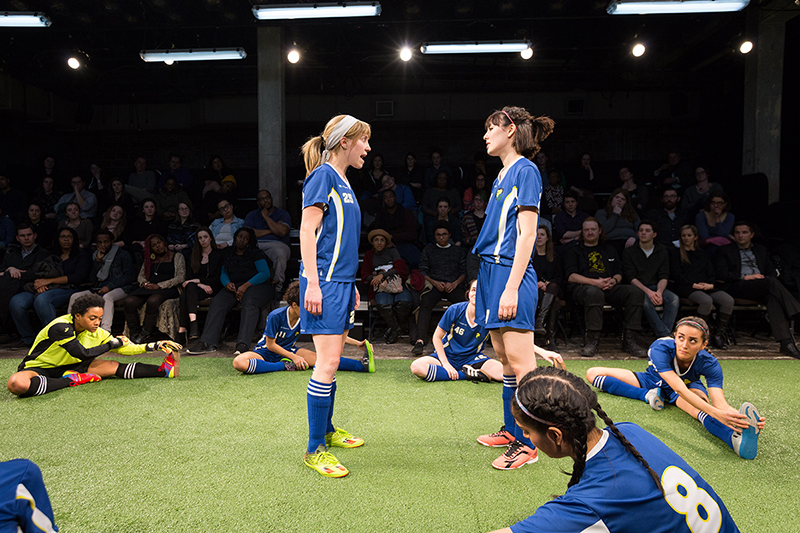
Chrissy Rose, Katie Kleiger and the cast of The Wolves. Photo by Teresa Wood
Unless you’re preternaturally hyper-aware of the world around you, you can probably relate to the Wolves’ very fluid viewpoints. You’re unsure of life, but you also don’t want to look and sound like an idiot when talking about the state of the world you’re living in.
Just like the teenagers in the play, you try to absorb as much knowledge as you can, when you can, and try to shoehorn your opinions into accepted societal norms.
That’s how teenagers can vacillate from one opinion to another without giving too much thought to contradictions, cognitive dissonance be damned.
It’s logical then that most teenagers don’t really hang out with people outside their age group. Most times, they find it hard to talk to adults. Even if grown men and women attempt conversation with them, there’s a pronounced disconnect. Since they’re mostly misunderstood by people who aren’t their peers, they end up hanging out in packs- much like gangs or a platoon.
The playwright Sarah Delappe originally thought of “The Wolves” as her version of the war movie. She had seen a lot of movies featuring a lot of 19-year old men bonding in war zones, but never teenage women.
“All those of those films depict how these disparate men became one organism in order to survive,” Delappe said, “I wanted women to have access to the same material.” The play is interspersed with scenes of intense football practices, all performed with militaristic precision. While most media and television shows tend to hypersexualize girls and women in athletic gear, “The Wolves” gives them an aura of power and physical prowess without any sort of sexual undertones.
The play is also an impressive work because it manages to present nine-different perspectives on how it is to be a teenage girl in today’s world. That’s doubly impressive especially since the play is only an hour and a half long. Delappe’s skill in squeezing so much depth into each character in a few lines of dialogue is one of the more remarkable feats I’ve seen on stage.
But despite their depiction as powerful women, they’re also very human. One way or another, the patriarchy (read: the male-dominated world) finds a way to impinge on their lives. They’re exposed to certain brutal realities and, as expected, innocence dies a painful death in “The Wolves”.
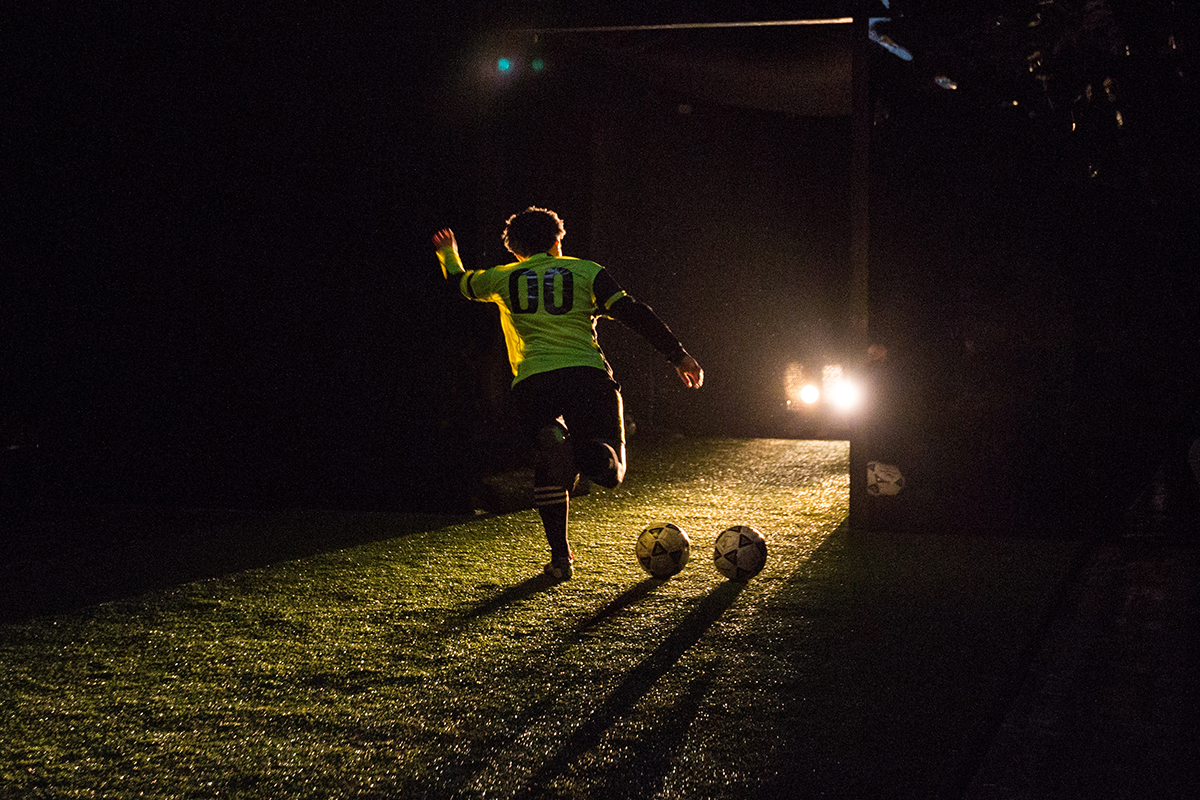
Gabby Beans in The Wolves at Studio Theatre. Photo by Teresa Wood
Life becomes a series of disappointments one after another- punctuated by brief conversations about growing pains on the field: from what’s the difference between love and lust, to why the football scholarship offers never come, to why they hate their parents so much, and how do pimples keep on popping up in the most inopportune times.
For the most part, “The Wolves” tightness as a unit serves as a shelter and solace from the storm and stress of teenage life. Though there may be misunderstandings and petty jealousies along the way, the girls prove resilient and are able to take major lumps with grace, or if without grace, food binges.
That is until the girls are faced with a terrible tragedy which tests the limits of their friendships and their sanity.
In the end, their bonds as teammates and friends are what saves them from the disappointments and hurt life has inflicted on their psyches.
“It never gets easier,” their star-striker would say about football and, indirectly, life. “You just get better.”
 CGTN America
CGTN America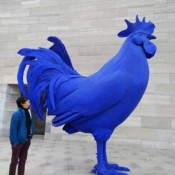
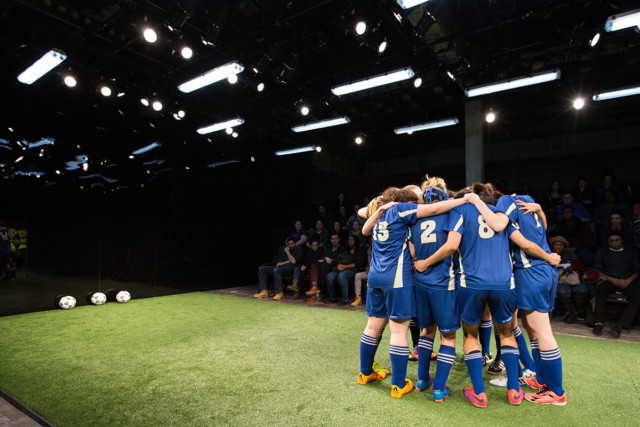 The cast of The Wolves. Photo by Teresa Wood
The cast of The Wolves. Photo by Teresa Wood
